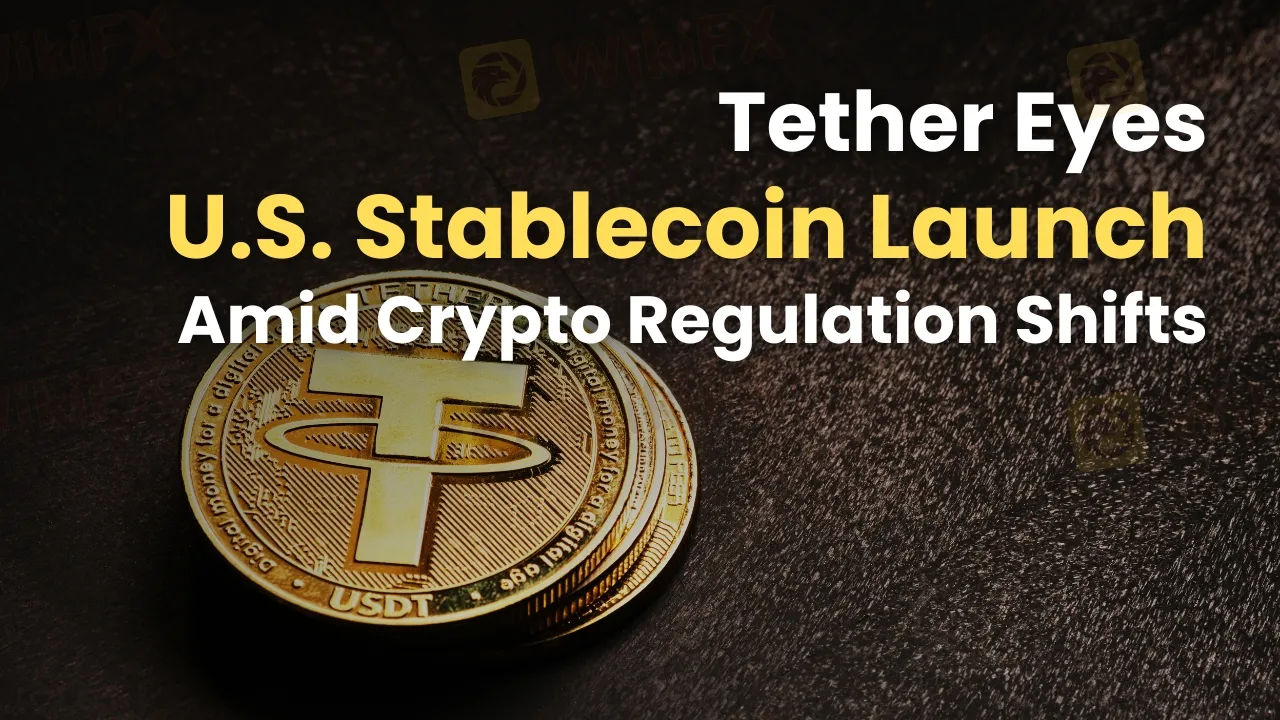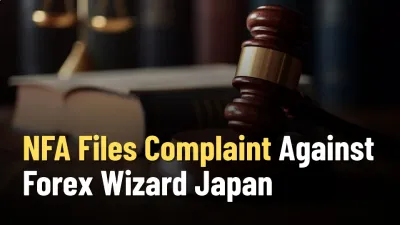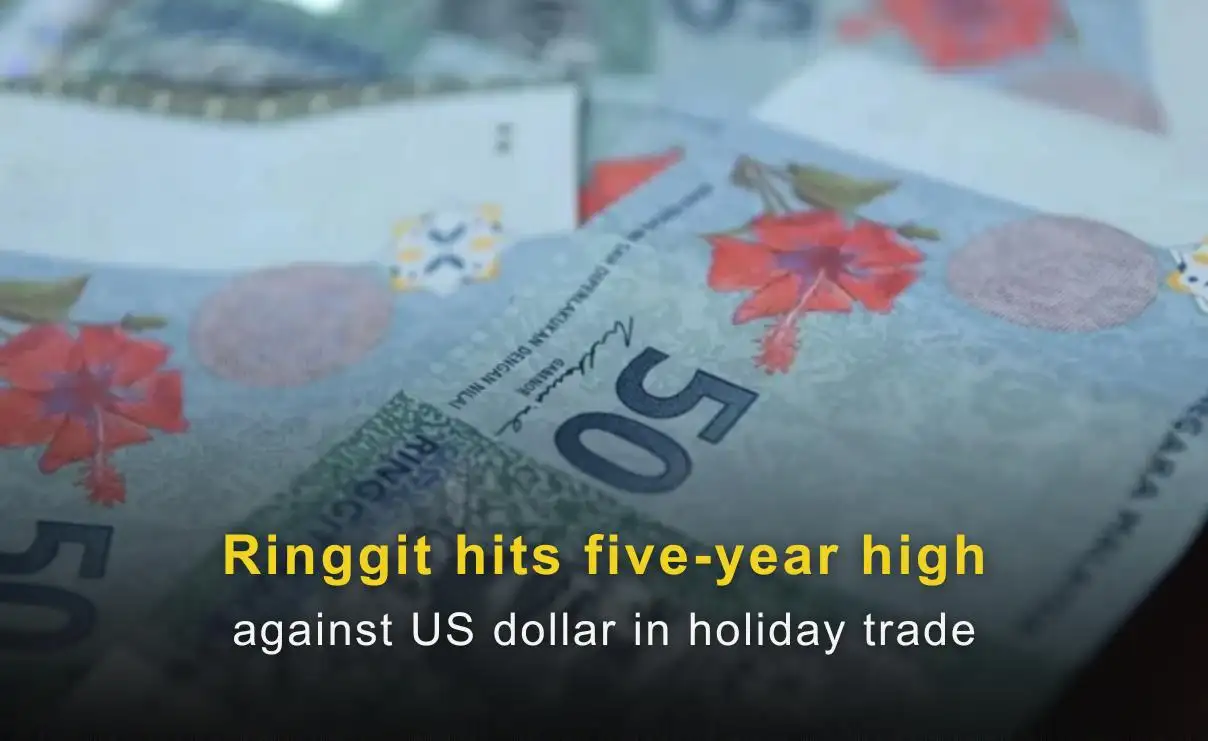Abstract:Tether considers launching a U.S.-only stablecoin as new regulations emerge. CEO Paolo Ardoino highlights its potential as a 'settlement currency' in America’s evolving crypto landscape.

The cryptocurrency landscape in America is on the cusp of transformation, and Tether, a dominant player in the stablecoin market, might soon join the fray with a U.S.-specific offering. In an interview with the Financial Times published on April 7, Tether CEO Paolo Ardoino revealed the companys openness to launching a stablecoin tailored exclusively for the American market—provided the U.S. government rolls out regulations that welcome new players.
Ardoino shared that Tether has been part of discussions surrounding U.S. stablecoin rules, which govern digital assets tied to the dollar and other tangible currencies. He noted that the White House sees stablecoins as “an important instrument for the United States,” signaling a potential shift in policy. With $144 billion in circulation—accounting for 70% of the global stablecoin market—Tether is a heavyweight, yet it currently bars U.S. customers from its platform. A U.S.-only token could change that, depending on how the regulatory winds blow.

The FT report also highlighted Tether‘s controversial reputation. Law enforcement and court records point to its popularity among criminals, a label the company has pushed back against, insisting it doesn’t support illegal activity. Still, Tether‘s next move hinges on President Donald Trump’s crypto agenda. Trump has vowed to make the U.S. “the crypto capital of the planet,” promising stablecoin regulations by August. This bold vision has sparked optimism in the industry.
Adding to the momentum, the Securities and Exchange Commission (SEC) has scaled back its crypto crackdown, pausing or dismissing most cases. The SEC‘s Division of Corporate Finance also recently clarified that stablecoins aren’t securities, freeing them from registration requirements. This shift emboldened Ardoino, who lives in El Salvador, to visit the U.S. for the first time, a trip hed avoided until now.
If Americas new rules make domestic stablecoins viable, “there could be an interest from Tether to create a domestic stablecoin in the US,” Ardoino told the FT. He envisions it as “basically a settlement currency” for American users. Industry experts agree that a clear federal framework is key. Jonathan Levin, co-founder and CEO of Chainalysis, emphasized its importance, saying, “Without a federal framework, it is incredibly difficult for financial services firms and international enterprises to really get comfortable in using stablecoins at scale.”
As Trump‘s administration shapes its crypto policies, Tether’s potential U.S. expansion could mark a turning point, blending regulatory clarity with innovation. For now, the company—and the crypto world—watches and waits.











